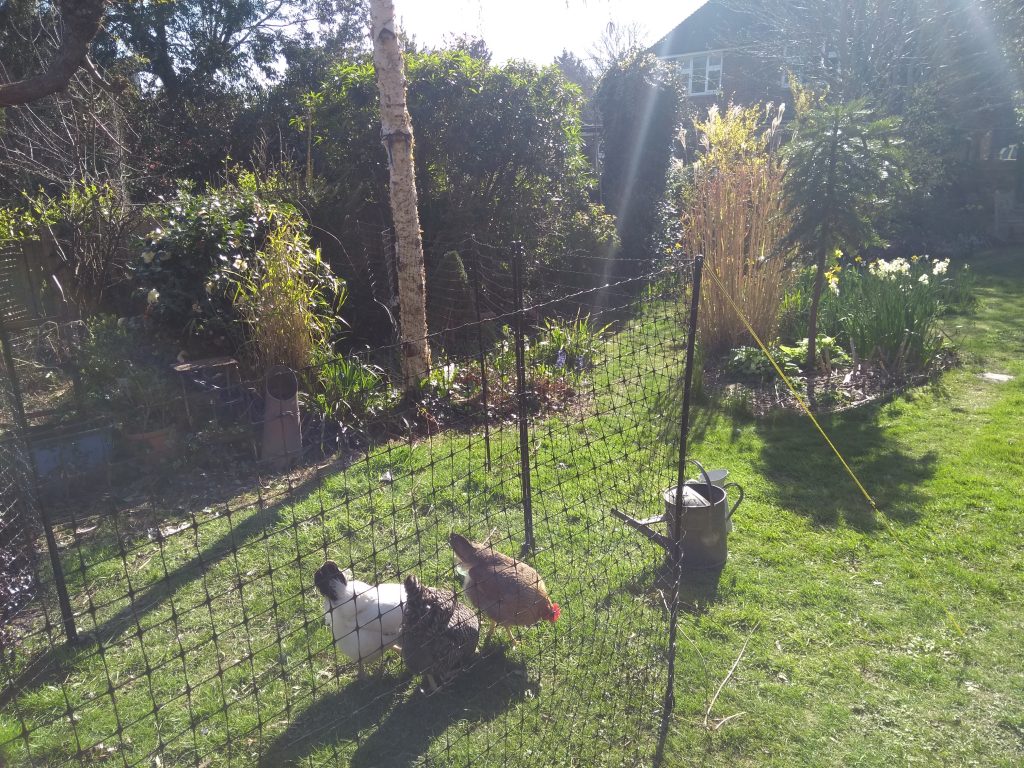
I am concerned about the macho, emotive language being used during this viral pandemic. We’re on a wartime footing. There’s an enemy we have to defeat. We have to suffer and endure to win. This is not a ‘war’, and the endless use of wartime metaphors, in the press, BBC, and by the Prime Minister himself is misleading and, I believe, potentially dangerous. It’s the wrong approach.
A lot of the language being used is unhelpful. To refer to the virus as ‘this cruel bug’, as Mark Easton, the BBC’s home correspondent did, is misleading – it implies that COVID-19 is doing this somehow maliciously, that it’s a conscious enemy that we need to take on and outwit. It isn’t, it isn’t even alive in the normal sense, let alone capable of ‘cruelty’. We need facts and clear guidance from journalists, not literary hyperbole.
But the real danger with using wartime rhetoric is that it’s not clear who the enemy is. There is no opponent ‘over there’ who is consciously out to get us, against whom we can direct our hatred. In that way of thinking, the enemy eventually becomes not the virus, but the people infected, our friends and neighbours. Any of us with COVID-19 become the threat, a fifth column working for the enemy, handing over our bodies to become factories making billions more virus particles. This is not a war. It’s a pandemic. That’s something very different. The rhetoric should be about caring, about co-operation, about us all helping each other through this, not whipping up mass hatred against an unseen enemy. And dare I say it, it should be about pleasure.
The measures that have been taken I believe to be reasonable and measured. And I think they will need to be enforced if people refuse to stick to them. I have some quibbles – for example, there would seem to be nothing wrong with going out for a drive in the car, as long as you remain isolated within the car. When I was young, driving to a flyover over the M1 and watching the traffic, enjoying a cup of tea from the Thermos, then driving home again, counted as a good day out. And not the remotest chance of any interaction with any other human being beyond the car’s occupants. I’m not suggesting that we all start doing this of course – it’s important that we stick to the guidelines in their entirety, whether we agree with them or not.
Where I do believe the approach is wrong though is in the official attitude to self-isolation and lockdown. This seems to be linked to the wartime rhetoric: it’s all about suffering, we have to grin and bear it, keep a British stiff upper lip, keep calm and carry on (or not carry on). But these stringent measures can only hold out if people believe in them, and their lives are tolerable. So rather than Boris Johnson trying to look serious (which he’s never been good at) and Churchillian, he should be stressing how we can actually enjoy ourselves. Generations of advertising executives know that if you want people to change their behaviour, you must make them believe their new behaviour is something they’ll enjoy. There must be plenty of them with not much to do at the moment, we should be recruiting them to sell us the pleasure of lockdown, what you can do with your time, how you can actually enjoy these restrictions.
True that’s a lot easier for some than others. Those of us with gardens have plenty to do – my main concern is whether I can get everything done in just three weeks. But there’s still a good life to be had indoors, and there’s not enough attention being paid to that. As well as getting everyone to buy into these restrictions for long enough for them to work, we need to think about mental health too, not to mention the risks of domestic violence, and those families who are managing neither to grin nor to bear it.
For those reasons I disagree with Rebecca Long-Bailey. To make lives tolerable, and indeed enjoyable, we need access to stuff that helps us cope: toys, gardening products, DIY materials, and yes, little luxuries too. There are few if any risks involved for the recipient in having these things delivered from online orders – fewer risks than with online food deliveries. True, there is a risk with workers having to continue to travel to workplaces to package, despatch and deliver these goods, but that seems like a manageable risk, relative to the huge benefits to the well-being of the wider population, and the absolute necessity to make sure people can and do adhere to these restrictions. This need for pleasure applies especially to our health workers and others under pressure in essential services – when they’re off duty, they need to be able to relax and get some enjoyment, if they’re to cope with this and work to the best of their abilities.
We can get through this, if we modify the rhetoric and we make these difficult times tolerable, or even pleasurable. The stoic ‘you can’t enjoy yourself, this is a national emergency’ approach is both undesirable and unnecessary, and potentially dangerous if people start to rebel against it. You can’t take people’s co-operation for granted. We need to make sure the necessary measures taken to stop the spread of the virus are as easy and as acceptable as possible. If we don’t, it won’t work.
So, stay safe and keep washing your hands! One verse and the chorus of The Red Flag is perfect – sung out loud of course. Now I’m off to do some weeding, and enjoy the sunshine.

I think what you have said is a very balanced summation of how we can stay positive. One comment I would make, as a student of international relations, when we studied game theory, we were introduced to the concept of MAD (Mutually Assured Destruction) which was a consequence of the old Soviet-bloc and the NATO alliance having more or less equally powerful inter-continental nuclear delivery systems which could be launched whilst the other side’s were still in the air. I don’t think the references to ‘War’ are helpful at all and I agree with what you say. However the COVID-19 virus is the delivery system for the next global conflict and not a nuclear conflagration. Biological virus and a Cyber virus combined = how to completely debilitate an enemy – imagine if the internet went down NOW – no working from home, no online shopping or banking, no ‘GOV.UK’ it doesn’t bear thinking about. It would be ‘Game-over’ ? – Discuss ??
You would hope that contingency plans were in place for the Internet going down – disabled by a solar storm, which I think is one theory about how all our electronics could be disabled. Then, I’d have thought that about a virus outbreak too, and there doesn’t seem to have been any contingency at all, it took us all by surprise. But yes, as a devastating weapon of war, a neutron bomb or something that wiped out electronic systems, coupled with a manufactured virus, could be devastating – but a bit indiscriminate and difficult to control maybe.